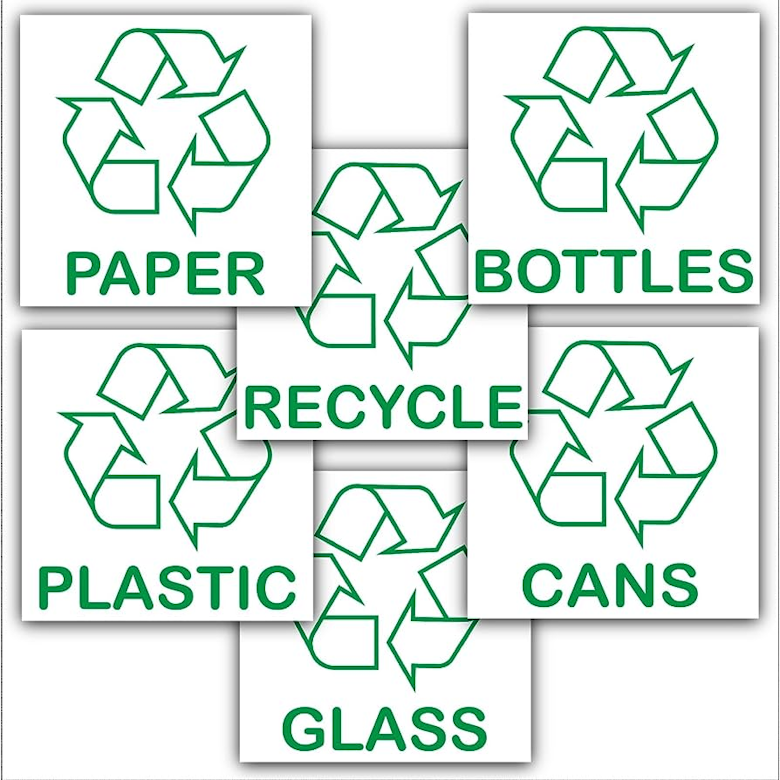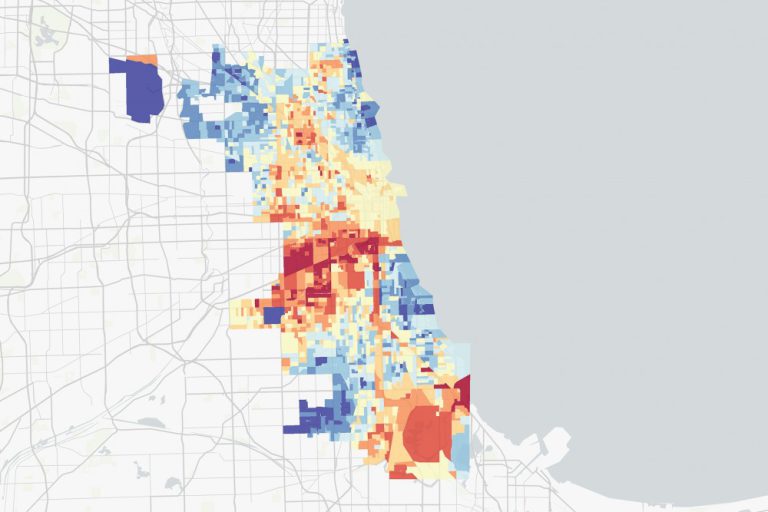
What are the main challenges facing recycling
World Recycling Day aims to raise public awareness of recycling issues.
It’s not easy to make your way between the mounds of garbage bags that block the sidewalks. The accumulation of waste in the streets of Paris and several major cities in the USA – due to the garbage collectors’ strike – may at least have had the merit of raising awareness among citizens of the quantity of household waste they generate.
The figures are indeed dizzying: each American person produces some 782 kg of household waste per year, or about 2 kg per day.
Of this impressive amount, more than 40% consists of residual household waste. In other words, unsorted household waste, placed in the gray bin. However, the vast majority (80%) of this residual waste could be subject to recovery – recycling, reuse, composting or other – if they were directed to the appropriate treatment channels.
World Recycling Day, an event to raise awareness
Since 2018, World Recycling Day aims to raise public awareness of the challenges of recycling, which particularly concerns packaging (food, cosmetics, etc.) of various materials: plastic, paper or cardboard, glass, etc.
Recycling means recovering our waste for a cleaner, safer, healthier world, underlines Jean-Marc Galvez, president of the Consumer Packaging International (CPI) division of Berry Global, the world leader in packaging, contacted by GEO.fr.
What are the great benefits of recycling for the environment
For this expert, recycling is an essential step for a sustainable and prosperous circular economy, and it has at least three major benefits for the environment:
- Prevent the contamination of our oceans by plastic (formation of waste vortices nicknamed the plastic continents) but also by other materials;
- Preserve our natural resources by giving new life to end-of-life products;
- Contribute to the fight against global warming, through a reduction in CO2 emissions compared to those produced during the manufacture of virgin products.
Despite these significant benefits for the environment, currently in the world, only 5% of the plastic produced by industry is recycled. With, in reality, strong geographical disparities.
According to a 2019 study by the OECD (Organisation for Economic Co-operation and Development), 22% of plastic waste in the world is not collected – this rate increases in emerging countries to 39% and drops to 6% for countries developed. Recycling is less advanced wherever there is no strong governance over waste management.
What are the initiatives taken by countries to encourage recycling
This disparity in the implementation of recycling throughout the world is not inevitable.
Plastics are only recycled on a large scale if the operation is profitable. However, economic and regulatory instruments are being put in place all over the world to guarantee the economic interest of recycling.
Among these economic and regulatory tools, the expert mentions in particular the Green Pact of the European Union – which, according to him, is at the forefront of measures intended to encourage recycling, reuse and to put an end to packaging waste . The Waste section, made public in November 2022, plans in particular to prevent packaging waste, to encourage reuse and refills and to make all packaging recyclable by 2030, or even to harmonize labels and symbols used to avoid confusion when sorting (European Commission).
Moreover, following the example of the Green Pact which also aims to set rates of recycled plastic in new packaging, the private sector is committed to creating demand for recycled products by imposing them in their packaging for mass consumption products.
What are the main recyclable products
Among the challenges of recycling is the issue of the recyclable nature – or not – of the products. The main recyclable products include:
- bottles and flasks: water, milk, sodas, cooking oil, detergent, dishwashing liquid, shampoo, shower gel, etc. ;
- plugs, that cannot be put in a dumpster ;
- containers of all kinds (food and industrial).
Recyclable, yes, but not necessarily everywhere?
A recyclable product will not necessarily be recycled due to the collection system specific to each territory – this is about to change with ongoing efforts to encourage recycling. Potentially all plastics are recyclable, but some are not recycled because in most cases, beyond certain technical considerations (multilayer products, barriers, etc.), their recycling is not yet viable on the economic plan.
Chemical recycling, an approach that could change the game
The range of products whose recycling proves to be financially attractive could nevertheless be brought to expand in the future. In any case, this is the hope aroused, in addition to the mechanical recycling commonly implemented, the chemical recycling approach.
Concretely, with chemical recycling which proceeds by reactions such as pyrolysis, hydrolysis or gasification, the complex molecules of plastic – called ‘polymers’ – are ‘broken’ into simpler molecules (monomers). These are then used to produce new plastics, whose properties are comparable to those of virgin materials.
Chemical recycling thus makes it possible to recycle plastic waste that would otherwise be incinerated or landfilled, and to convert it into products suitable for food contact – which is not yet the case with mechanical recycling. According to a recent study by McKinsey, chemical recycling will make it possible to recycle the most difficult plastics to recycle, such as plastic films.
American plastics producers plan to invest $9.2 billion euros in chemical recycling. It is estimated that in 2050, 60% of global plastic production could be based on reuse or recycling. The approval by the European Union of the concept of mass balance linked to chemical recycling is essential to be able to meet the objectives of the Green Pact 2030: without chemical recycling, there will be no enough recycled products available.
Reduce, Reuse, Recycle: the winning formula
Despite this, recycling is not a miracle solution to the waste problem, far from it. The “3R formula is the winning formula: Reduce, Reuse, Recycle, in this order of priority. According to this website, there is a strong progression of the reuse of plastic packaging in the USA, with less use of dumpster rentals. A boom whose tangible proof would be the transition to reusable plastic dishes (replacing paper or disposable plastic dishes) for fast food.



